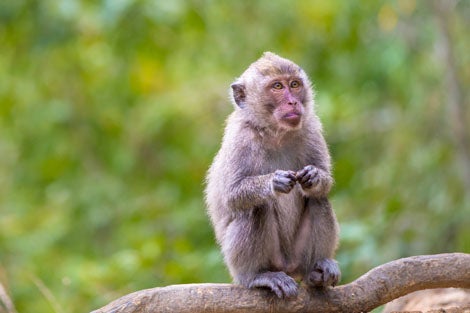Related Topics
Battling infectious diseases takes a village
December 15, 2016 – There’s plenty to worry infectious disease experts these days. With millions of people on the move every day—travelers, immigrants, refugees—disease transmission is a constant risk. Emerging pathogens like Zika, Ebola, and pandemic influenza can…
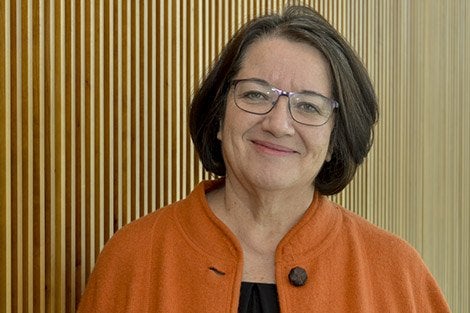
Two honored for work in tropical medicine
Deepali Ravel, a doctoral student who conducts malaria research at Harvard T.H. Chan School of Public Health, has received a Young Investigator Award from the American Society of Tropical Medicine & Hygiene (ASTMH). The award, presented at the…
Flaminia Catteruccia wins prestigious Faculty Scholar award
Grant recognizes outstanding early-career scientists who are pioneering new approaches to global health problems For immediate release, Thursday, September 22, 2016 Flaminia Catteruccia Boston, MA ─ Infectious disease researcher Flaminia Catteruccia from Harvard T.H. Chan School of Public…
Mosquito maven
Infectious disease researcher Flaminia Catteruccia is searching for novel ways to control mosquitoes that rely less on brute force and more on a deep knowledge of the organism’s biology September 23, 2016 – Mosquitoes have threatened human health…
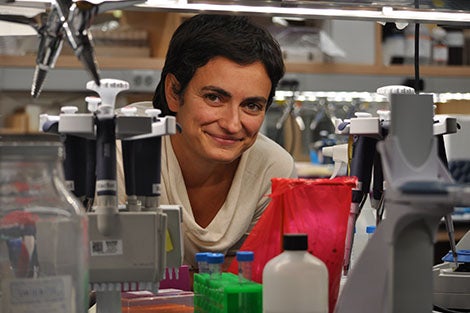
Why Public Health? Sarah McGough
October 2016 — In our series “Why Public Health?” we ask Harvard T.H. Chan School of Public Health students and alumni to talk about what drew them to the field. Sarah McGough, SM ’16, PhD ’19 is studying…
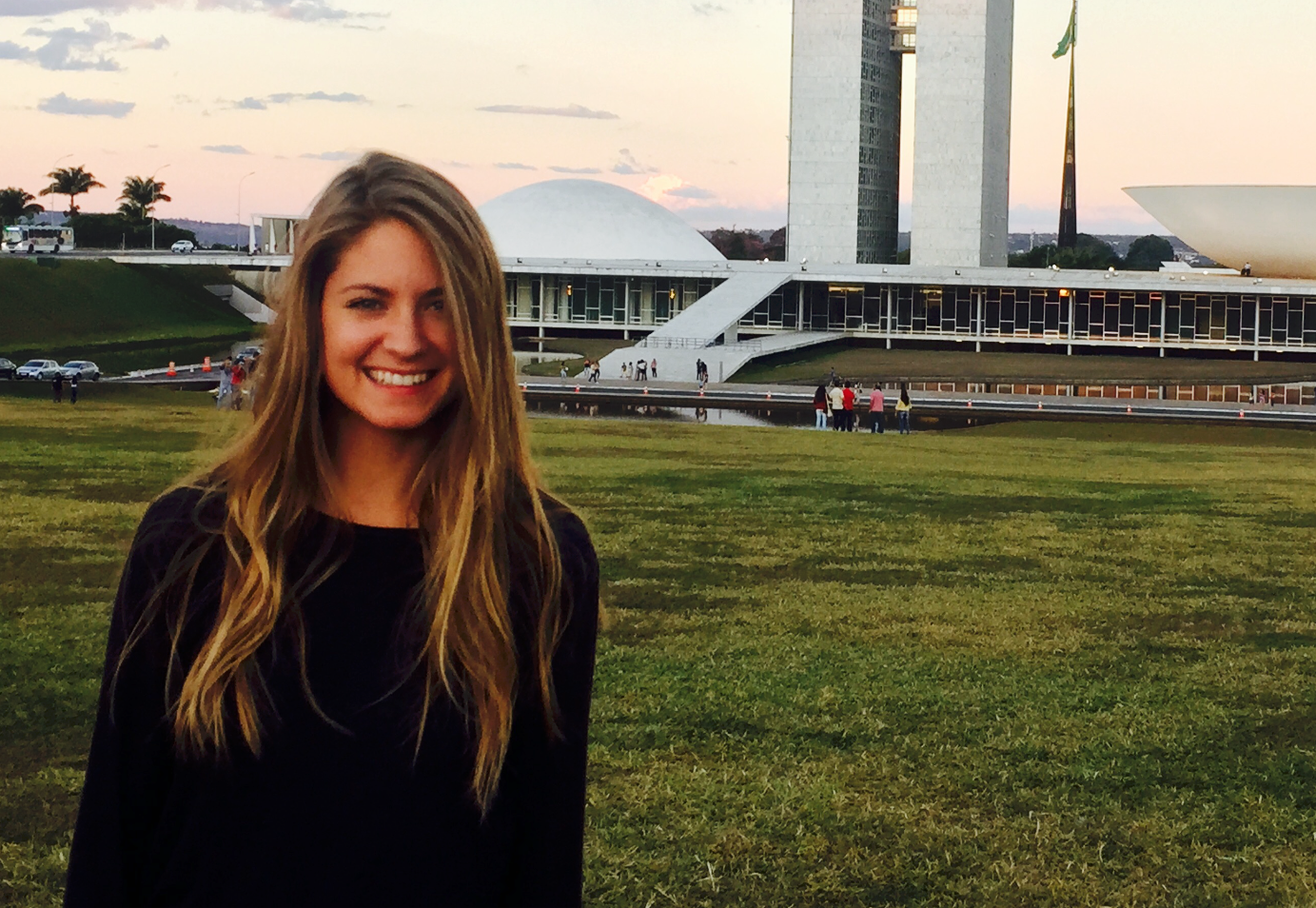
Student recognized for genetic research on malaria
June 16, 2016 -- As an undergraduate working in malaria researcher Dyann Wirth’s lab at Harvard T.H. Chan School of Public Health, Caleb Irvine was curious why malaria transmission was on the uptick in the Thiès region of…

Hijacking mosquito evolution to prevent malaria’s spread
Andie Smidler, PhD ’19, took STAT inside Harvard T.H. Chan School of Public Health’s mosquito insectary for a June 14, 2016 article. Smidler conducts experiments using a tool called gene drive that can be used to spread an…
Common bacteria may help curb mosquito-borne diseases
Bacteria called Wolbachia appear to be naturally reducing the spread of malaria, suggesting that the microbes could potentially be used as a tool to tamp down the disease, according to a new study from Harvard T.H. Chan School…
Researchers optimistic about malaria vaccine progress
April 12, 2016 — While the world is as close as it has ever been to having a malaria vaccine, the fight to eradicate the disease is far from over. That was the consensus among experts in the…
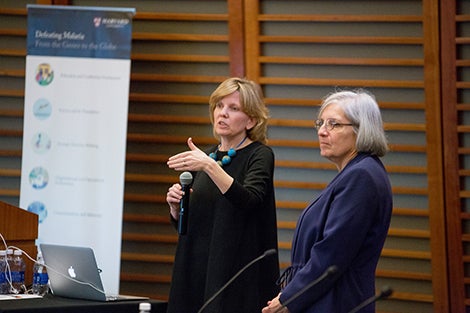
Potential pathway for emergence of zoonotic malaria identified
For immediate release: Monday, April 4, 2016 Boston, MA – The parasite responsible for a form of malaria now spreading from macaques to humans in South Asia could evolve to infect humans more efficiently, a step towards enhanced…
